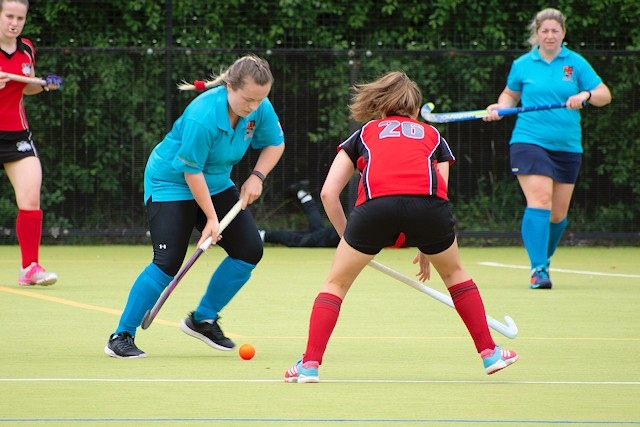An investigation has found that a firefighter who was on duty the night an Ariana Grande concert was targeted by a suicide bomber got lost on a “nightmare trip” to a meeting point he had suggested.
Andy Berry said about 10 minutes after the bomb was detonated he decided to meet colleagues at the Philips Park Fire Station, three miles from the arena – a safety precaution in case other terrorists were at large.
His decision meant that all crews stationed in the city center would leave the arena, the investigation said. It took the fire brigade more than two hours to witness the bomb attack in May 2017.
While the drive from Mr Berry’s house in the Wigan area to Philips Park would normally take 35 minutes in blue lights, he said he was “severely hampered” by a series of road works, so the drive was 56 minutes instead.
He said he “trusted his satnav” to get him there on time, but he actually arrived at the same time the last living casualty was evacuated from the foyer of the City Room, where Salman Abedi detonated his bomb at 10:31 pm on May 22nd.
Recommended
He told the investigation, which was held at Manchester Magistrates’ Court, that prior to his departure he had been advised that road closures were likely to occur.
Investigation advisor Paul Greaney QC agreed that Mr. Berry was being obstructed and diverted from the route he had chosen.
“Did the GPS take you down some winding country roads?” Asked Mr. Greaney.
Mr. Berry replied, “That did it.”
Mr. Greaney then asked, “You had no idea where you were?”
Mr. Berry replied, “I haven’t.”
The firefighter then agreed that the circumstances “were unlikely to contribute to dynamic decision-making”.
Mr Berry performed the tactical role of NILO (national inter-service liaison officer) during the night, including advice to his commanders and other services.
Berry met with colleagues at the Philips Park Fire Station, three miles from the arena
(Wikimedia Commons)
The investigation overheard Mr Berry repeatedly unsuccessfully attempting to contact the Greater Manchester Police (GMP) officer in charge, the original commander of the incident, and answering calls from colleagues telling them about his “nightmare trip” during his trip. .
Mr Greaney said North West Fire Control called Mr Berry at 10:57 p.m. At the time, it was known that GMP officers were on site with an ambulance commander and that the injuries looked more like shrapnel wounds than gunshots – but the information was not disclosed to him.
When asked what he would have done if he had this information, Mr Berry said, “Well, we would probably have sat down right in the arena and proceeded with caution.”
Mr Berry also agreed that if he had stayed at home where he would have had access to work logs on his computer, he would have gained an earlier situational awareness and returned to the field earlier.
The investigation learned that further information from the British transport police about the scene of the crime did not reach Mr. Berry either.
Mr. Greaney explained to the firefighter that an “extraordinary feature” of what went wrong during the night was that he and older colleagues were unaware of the situation, but the firefighters waiting on the ground in Philips Park knew what was happening .
“Is it fair to say that this is an exceptional state of affairs, that the troops on the ground are situational awareness, that’s why they’re so desperate to get there and the bosses aren’t?” He asked.
Mr. Berry replied, “We all really wanted to go there and we were all frustrated that night. I was never given this information. “
He finally admitted to having made mistakes during the night, but said it was “never foreseeable” that the fire brigade would not be able to reach the GMP officer – and apologized if one of his decisions “affected the reaction during the night” have.
The investigation continues.
Additional reporting by PA




